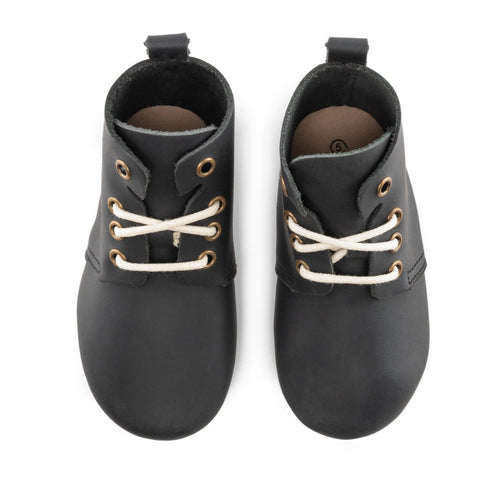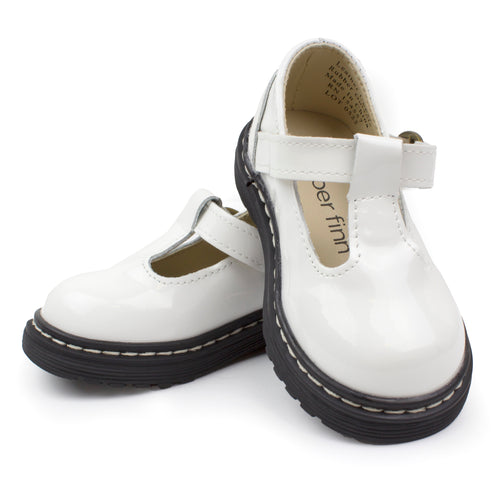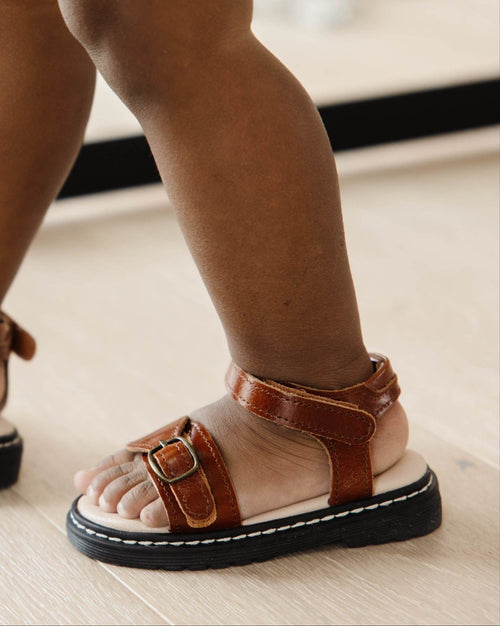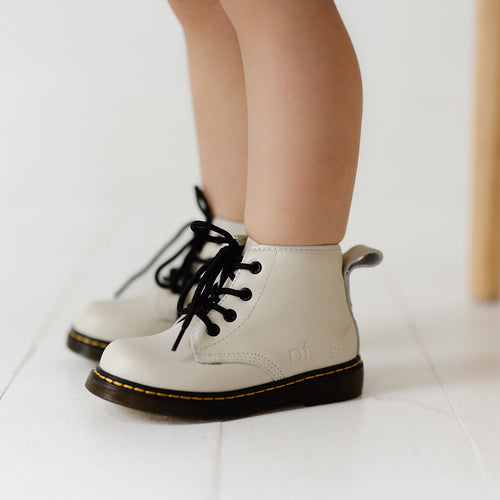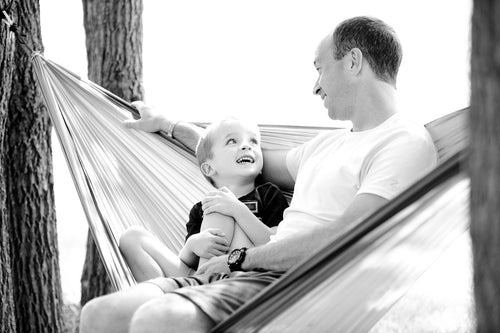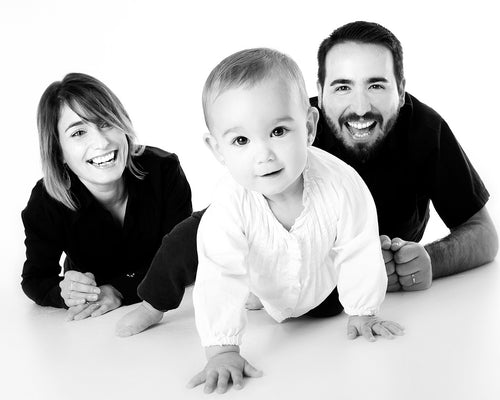Every parent aspires to be a great parent. You know, the kind that is adored by their kids, revered by teachers and envied by their neighbors? Unfortunately, while many parents strive to achieve these accolades, most find themselves frustrated by the endless challenges that parenthood seems to throw their way.
The truth is, none of us leaves the delivery room with a parenting manual stuffed with tips for parents packed in our diaper bags. Instead, parenting is something we pretty much learn along the way, which means there are bound to be a few hiccups.
Thankfully positive parenting strategies provide the solution to a seemingly bumpy parental path. Let's look at how they can help turn an excellent parent (you) into one even the experts will admire!
What is Positive Parenting?
Positive parenting focuses on building a strong, trusting relationship between parent and child. It emphasizes open communication, mutual respect and self-discipline. This type of parenting seeks to create an environment of unconditional love and support where children are provided with appropriate discipline as needed.
The Benefits of Positive Parenting
Positive parenting helps children develop the self-discipline and problem-solving skills needed to succeed. It encourages open communication, which can lead to better understanding between parents and children, enhanced empathy and stronger family bonds. Positive parenting also has been shown to reduce the likelihood of behavioral problems in adulthood.
What Does the Research Say About Positive Parenting?
Research has shown that children raised in a loving, supportive home environment have better academic performance, stronger social skills, increased self-esteem and greater resilience to stress. Parents who practice positive parenting techniques also tend to have closer relationships with their children than those who rely on more punitive methods.
Does Positive Parenting Encourage Personal Development and Self-growth?
Yes! Some of the best tips for parents regarding positive parenting are that it helps children build confidence and provides a safe environment for exploring new ideas, trying new things and developing important life skills. As children grow, positive parenting is key in helping them become independent individuals capable of making their own decisions.
When Should I Implement Positive Parenting Strategies?
Positive parenting strategies can be used with children of any age. However, remember that the strategies that work for one kid may not work for another.
Because every child has unique needs and interests, it's best to start early by setting clear expectations and providing consistent consequences while allowing room for exploration and growth.
3 Positive Parenting Styles
1) Attachment Parenting: This style emphasizes a strong emotional bond between parent and child, with parents responding promptly to their baby's needs.
2) Authoritative Parenting: This style is characterized by parents who set clear boundaries and show warmth and affection towards their children.
3) Balanced Parenting: This style combines positive elements of the other parenting styles while still allowing parents to maintain authority in the home by setting firm boundaries and enforcing consequences when necessary.
Last Thoughts
Positive parenting is essential for healthy family relationships and strong self-development. By creating a warm, supportive environment where children can feel secure, accepted and loved, parents are giving their kids tools that will help them become successful, independent adults. Of course, as a parent, it's important to remember that a little self care goes a long way when struggling with the pressures of parenthood!



